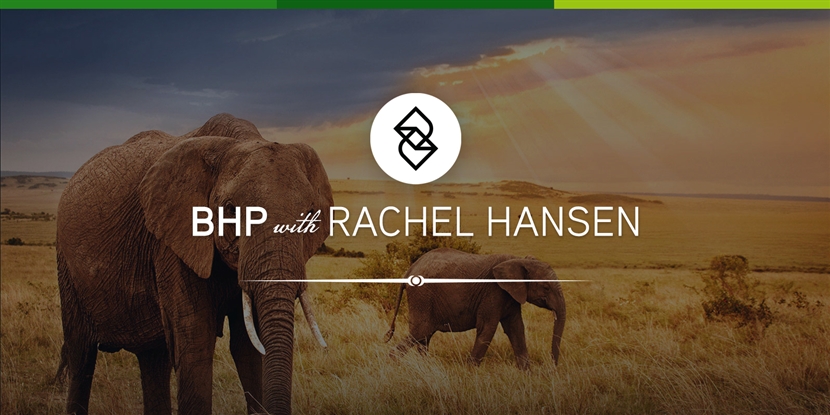In Big History, students are presented with a lot of claims. We use the term “claim testing” in Big History to describe the process that someone goes through when evaluating the credibility of an assertion. In an age when we are inundated with new claims by the second, it’s important that we have a process for deciding what to believe and who to trust—and what warrants further investigation. Alphonse the Camel returns as co-host to help us unpack the claim testers.
Driving Question: How do we decide what to believe?
- When you encounter new information, how do you decide whether to believe it? Do you base it on your impression of the person who told you? A gut instinct? On the evidence you can see with your own eyes? In the age of the Internet and social media, we are inundated with new information. It’s important to develop a system for separating the fake news from the real facts. In Big History, we use a process called claim testing to help us decide what to believe.
Words of the Day: Intuition and Logic
- Intuition is the power of knowing or comprehending something directly, without learning it consciously or submitting it to processes of logic.
- Logic is reasoning, or the study of reasoning.
Lesson
- Go to Khan Academy and do the activity Claim Testing Snap Judgment. You’ll be presented with four claims about the Universe that you need to test out. Do you agree or disagree with the claims being made? How did you arrive at that opinion?
Historian’s Journal Prompt
- How do we separate myth from reality? This is the first time in history that we’re experiencing a global pandemic in the age of social media. It can cause our news feeds to get bogged down in coronavirus news—some of which is fact, and some of which is clickbait fiction.
- Find a meme or a video that you’ve seen floating around on social media and do your own claim testing. What does your intuition tell you? How about your logic?

